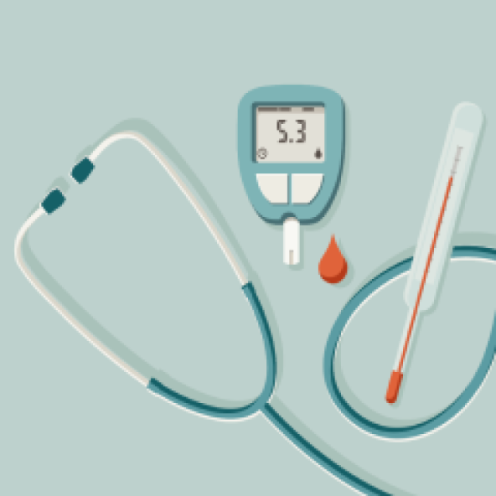- News
- Health
Those who live in the most polluted areas could see the health benefits of exercise slashed dramatically, experts said
Nicole Wootton-CaneFriday 28 November 2025 00:01 GMTComments
 ClosePollution pods showing different air quality in London, Delhi and Beijing
ClosePollution pods showing different air quality in London, Delhi and Beijing
Sign up for our free Health Check email to receive exclusive analysis on the week in health
Get our free Health Check email
Get our free Health Check email
 Email*SIGN UP
Email*SIGN UPI would like to be emailed about offers, events and updates from The Independent. Read our Privacy notice
Better mental health, lowered risk of heart disease, and slimmer waistlines are all well-known health benefits of regular exercise.
But a new study suggests some of the advantages gained by getting active may be reduced simply by where you live. Scientists found those who exercised regularly but were exposed to highly polluted air appeared to see mortality benefits gained by exercising slashed in half.
Research from University College London and published in the journal BMC Medicine analysed data from more than 1.5 million adults tracked for more than a decade in countries including the UK, Taiwan, China, Denmark and the United States. The exercise habits of the adults were tracked alongside levels of tiny particles known as PM2.5, which can get stuck in the lungs and enter the bloodstream.
 open image in galleryPoor air quality could threaten benefits of exercise, new research suggests (Getty Images)
open image in galleryPoor air quality could threaten benefits of exercise, new research suggests (Getty Images)Researchers found people who did at least two-and-a-half hours of moderate or vigorous exercise per week had a 30 per cent lower risk of dying than those who did not.
However, if people in this very physically active group lived in an area with high fine particle pollution (above 25 micrograms per cubic metre), this reduction in risk was halved to 12 to 15 per cent.
The health benefits of exercise weakened further for those exposed to areas with higher levels of fine particle pollution. Researchers found for those experiencing levels above 35 micrograms per cubic metre, the benefits of exercise on the risk of cancer were “no longer robust”.
The team said nearly half (46 per cent) of the world’s population live in areas exceeding 25 micrograms of PM2.5 per cubic metre, and about a third (36 per cent) live in areas whose yearly average PM2.5 levels exceed 35 micrograms per cubic metre.
For study participants in the UK, the average yearly PM2.5 levels were lower than these thresholds, at 10 micrograms per cubic metre. However, researchers said levels of fine particle pollution “vary a lot”, adding “spikes” in pollution in UK cities can exceed 25 micrograms per cubic metre.
The lead researcher, Professor Po-Wen Ku of National Chung Hsing University in Taiwan, said the findings show that exercise is still beneficial in polluted environments, but that improving air quality “can greatly enhance these health gains”.
The team added the negative impacts of air pollution can be mitigated by “checking air quality, choosing cleaner routes, or easing off intensity on polluted days”.
Co-author Professor Andrew Steptoe, from UCL’s department of behavioural science and health, said: “Our study shows that toxic air can, to some extent, block the benefits of exercise, although not eliminate them. The findings are further evidence of the damage that fine particle pollution can do to our health.
“We believe clean air and physical activity are both important for healthy ageing and so we encourage greater efforts to curb health-harming pollution levels.”
It comes after a study found even one minute of vigorous exercise a day can lower your risk of an early death by 38 per cent. Other research has also shown that gender could have an impact on the benefits of exercise, with one study concluding that men need roughly twice as much exercise as women to see the same reduction in their heart disease risk.
More about
Exerciseair pollutionMental HealthHeart DiseaseJoin our commenting forum
Join thought-provoking conversations, follow other Independent readers and see their replies
Comments



